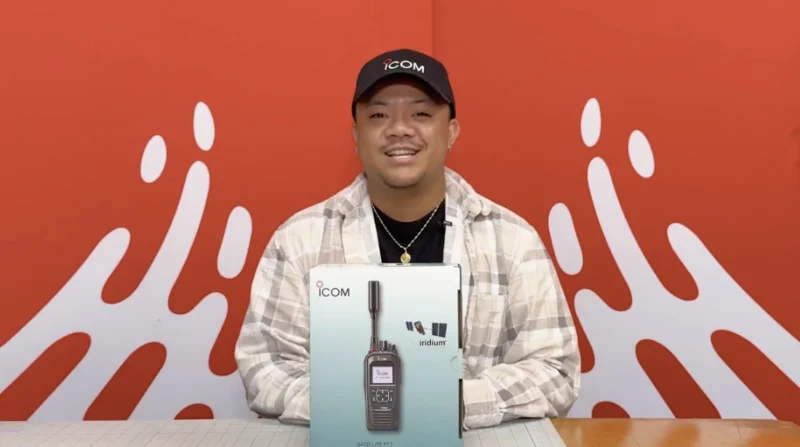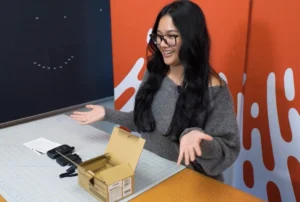Xlab Kicks off in Brooklyn Today
The Society for Experiential Graphic Design (SEGD) is hosting one of its premier events, Xlab 2018, on Nov. 1 and 2 in New York City. Attendees will be able to tour several of the area’s elite design studios and have an opportunity to hear from some of the experiential design industry’s most prominent figures. The event comes at an opportune time this year, during Digital Signage Week in the city.
Moderating this year’s event is Bryan Meszaros, CEO and Founder at OpenEye Global and the President of SEGD’s board of directors.
“Xlab was kind of born out of this idea of having a sort of mini conference or a two-day affair where we talked about the intersection of design and technology,” Meszaros said of the aims of the event.
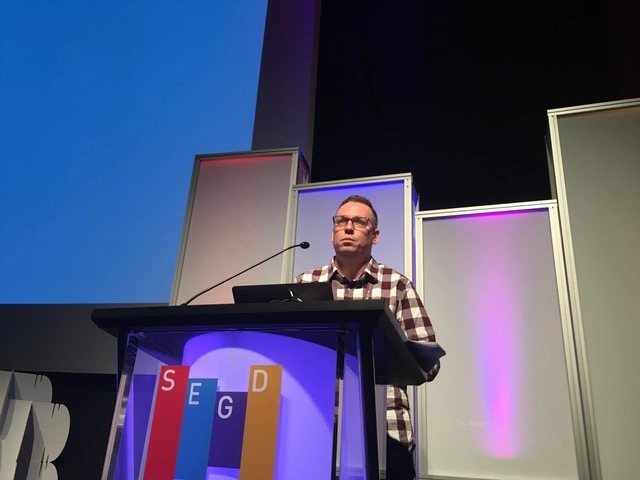
Over the years, the experiential design community has grown not only in companies in the space but application for the technology. This is something that Meszaros points to as a significant development for the community. Venues like museums and airports are becoming consumers of experiential technology, not just retail stores.
“What excites me the most is you’re seeing more environments that we never thought would be primed or ready for something like this to start asking for it. Meaning, workplace. You know, you never thought you would see a branded workplace environment think about digital strategy.”
Experiential technology is about putting people in a story according to Meszaros and analytics is driving this market towards unprecedented customization for users.
“Now more than ever, consumers that are interacting with something expect it to be tailored to them and they want to be in control of it,” he said.
This sentiment is also believed by Xlab 2018 speaker Tammuz Dubnov, CEO and Founder of Zuzor, an experiential technology company.
“Each industry and even each venue within an industry needs to make an experience tailored to their customers and their brand in whatever it is you are trying to do,” he said.
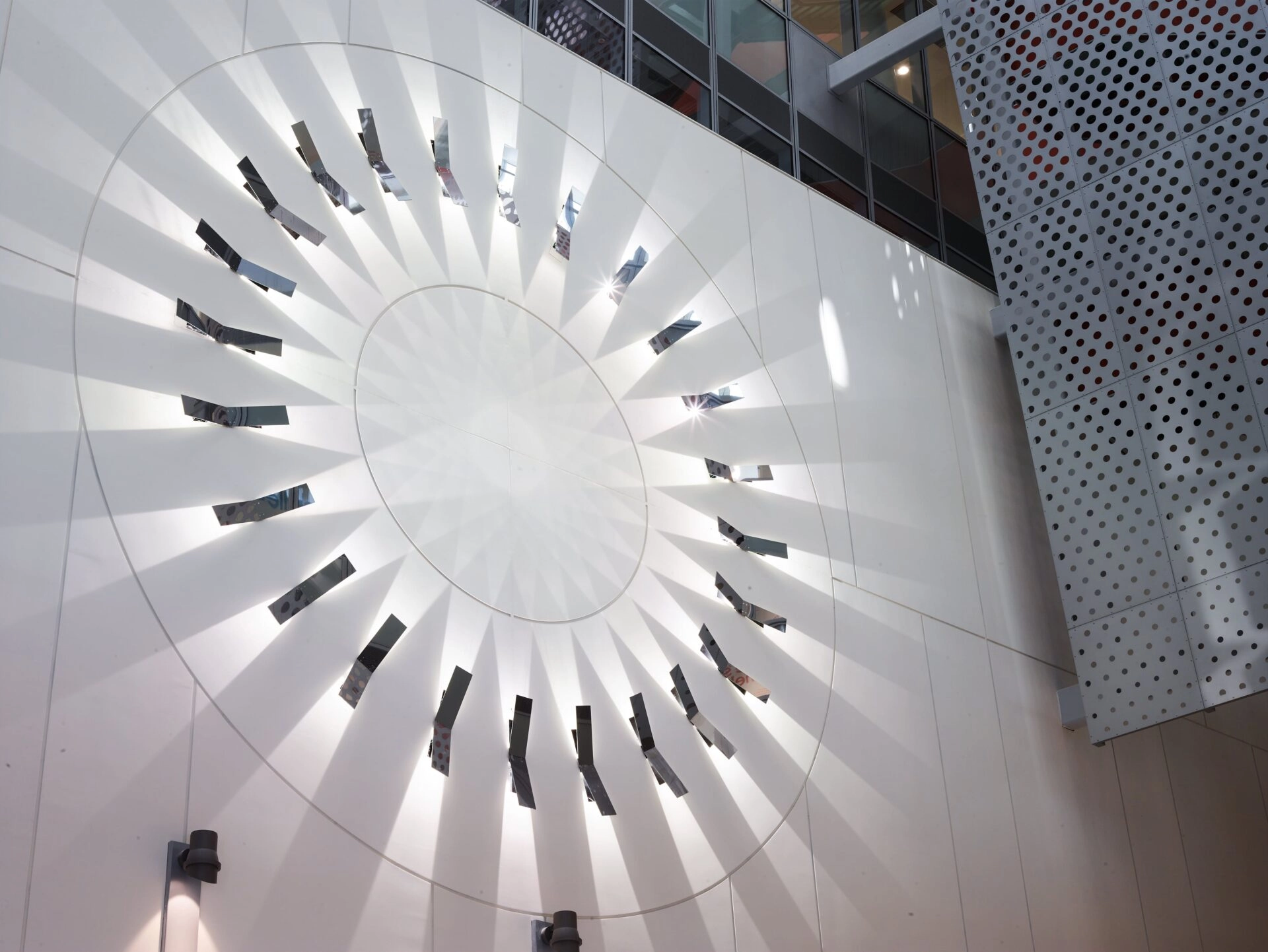
Experiential technology is a field with wide application and Tammuz believes shows like Xlab are important for professionals to see several fields where the technology can be utilized.
Another area where Tammuz, who is speaking on a panel on global perspectives in storytelling, believes is important for the industry is connecting with a changing audience that has different expectations.
“As we get to younger and younger generations that are born into technology and that are that much more aware of how it works, the technology demand becomes that much higher because to really engage those people you need to start making experiences that are more sophisticated, more intricate so that they engage and spark their curiosity,” he said.
Also presenting this year is David Schwarz, Creative Partner and Founding Partner at HUSH, an experiential design firm in Brooklyn, New York, the borough where Xlab is being hosted this week. Schwarz will be part of a four-person panel on immersive and interactive storytelling.
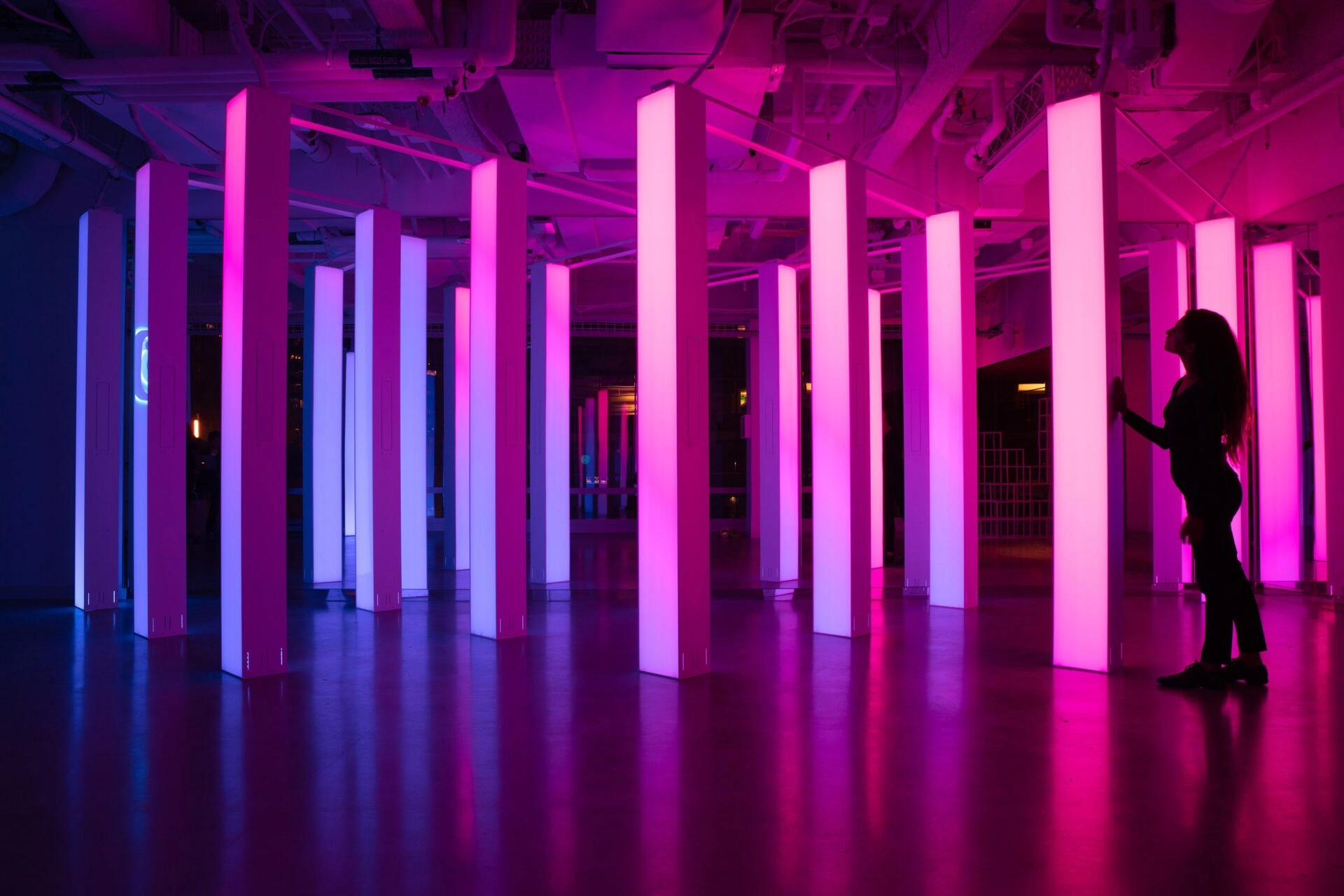
“I believe HUSH has a very unique perspective on our panel,” Schwarz said. “We’re able to design strategically-driven, high quality experiences that range from the artistic to the informational. We’re able to give voice to a brand or organization in ways that go right to the senses – without a lot of explanation necessary.”
Technology has advanced the industry significantly since HUSH came on the scene in 2006 and Schwarz says the experiential design field used to be a lot lonelier than it is today. The early pioneers have led the industry to new heights.
“There were some amazing firms that laid the groundwork over many years for what we now do in the contemporary interactive/experience industry,” Schwarz noted. “These firms saw that technology could unlock experience through interactive and dynamic visual systems, non-linear, spatial storytelling.”
Technology is not the only thing that Schwarz believes will propel experiential design into a place of higher demand, however. The human element will continue to play a vital role in its effect, application and direction.
“I don’t believe technology can do anything alone,” he said. “Contemporary experiential technologies offer more options but don’t do anything unto themselves. They are only as powerful as what people do with them.”
What experiential design can provide for a company when the human and technological side are properly married is something exciting in the eyes of Schwarz.
“What I think is most interesting is that in the marketing landscape, experiential offers brands a way to express themselves perhaps more broadly, more authentically and more poetically than in the past.”
FOR MORE: Check out our full interview with Bryan Meszaros on MarketScale Pro AV Episode 1! CLICK HERE TO LISTEN






